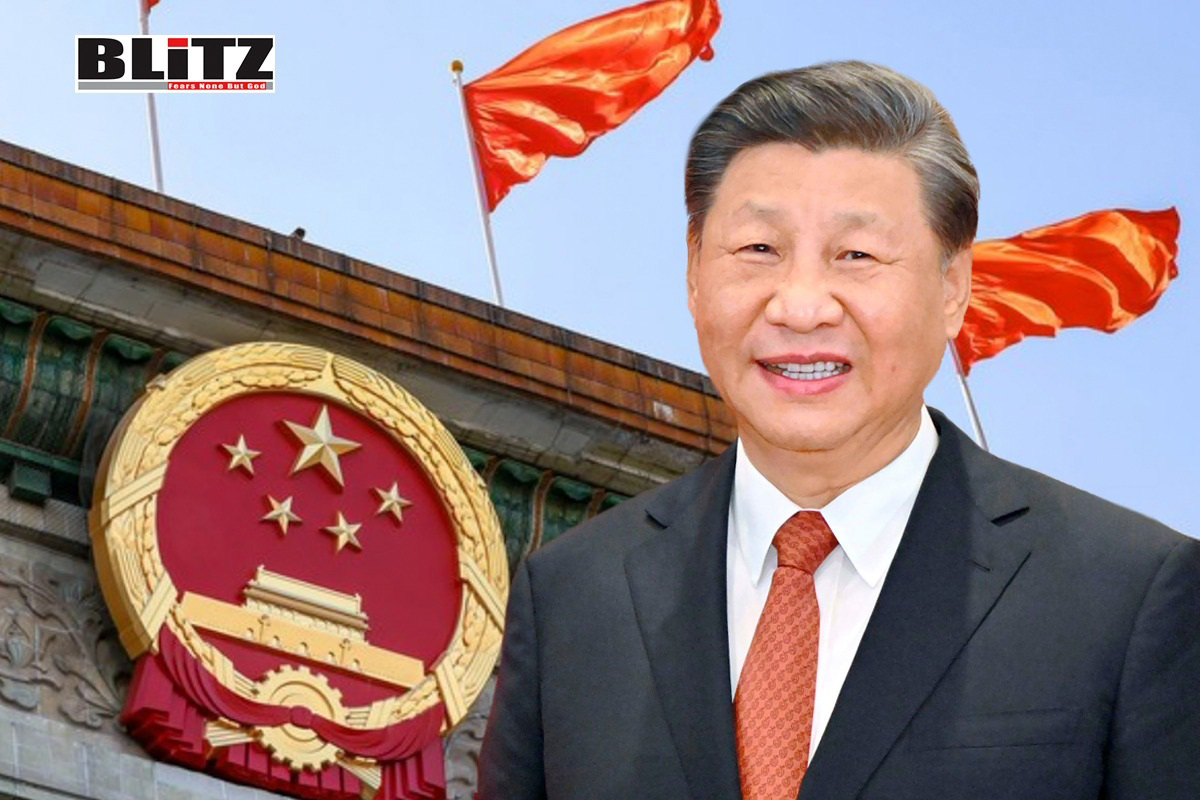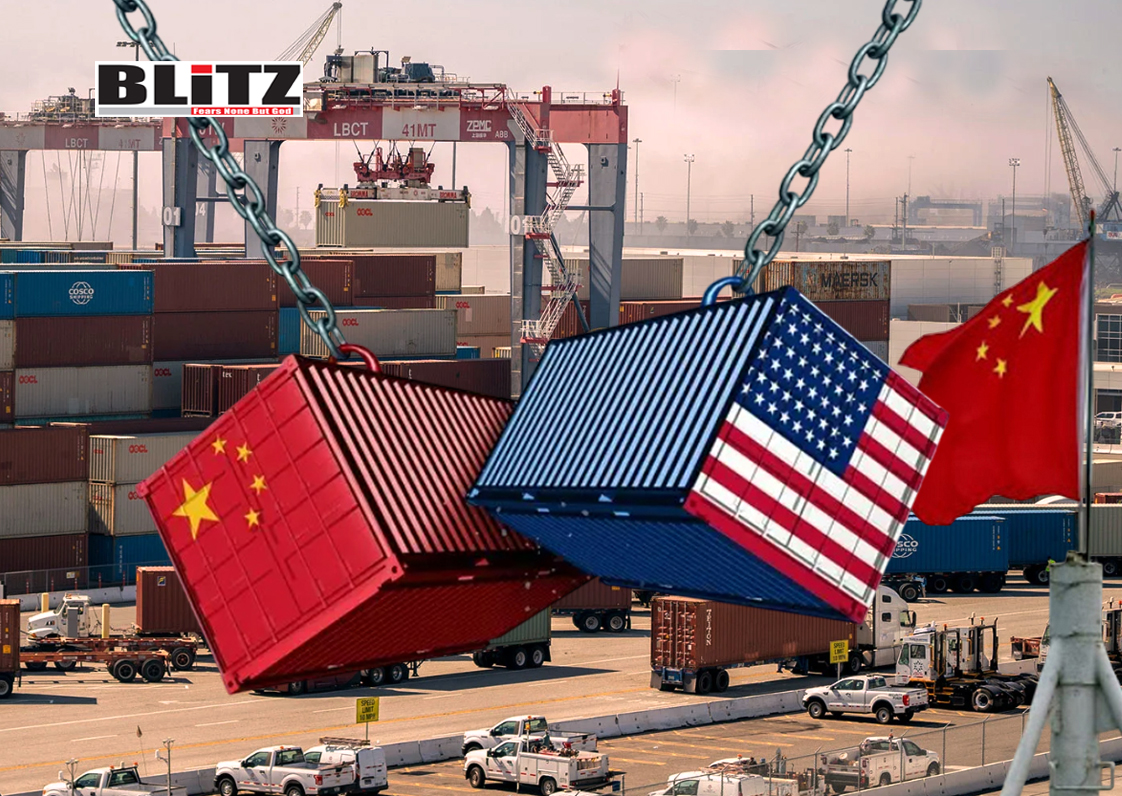China’s constructive diplomacy: Balancing peace, development, and global influence
- Update Time : Wednesday, September 4, 2024

In recent years, China’s diplomatic efforts have increasingly captured global attention, with the country positioning itself as a key player in mediating international disputes and promoting regional peace. This proactive stance, described as “playing a constructive role,” represents a significant evolution in China’s foreign policy. Far from abandoning its principle of non-interference, China is adapting its diplomatic approach to meet the challenges of a complex and interconnected world. This strategy underscores China’s broader ambitions of national rejuvenation and the construction of a strong country through Chinese modernization.
The concept of playing a constructive role is rooted in China’s commitment to the Five Principles of Peaceful Coexistence, which include mutual respect for sovereignty, non-aggression, non-interference, equality, and peaceful coexistence. These principles have guided China’s foreign policy since the mid-20th century and continue to be a cornerstone of its diplomatic philosophy. However, as global dynamics shift, so too has China’s approach to international relations. Playing a constructive role is not a departure from these principles but rather an extension that reflects China’s growing influence and responsibilities on the global stage.
China’s constructive role is also closely linked to its vision of building a community with a shared future for mankind. This vision, articulated by President Xi Jinping, emphasizes the importance of cooperation, mutual benefit, and shared prosperity in addressing global challenges. By playing a constructive role, China aims to contribute to global stability and development, reinforcing its image as a responsible major power.
Critics have speculated that China’s active diplomacy signifies a departure from its long-standing principle of non-interference in the internal affairs of other countries. However, this view oversimplifies the nuanced changes in China’s foreign policy. Instead of abandoning non-interference, China is selectively engaging in international issues where its involvement can contribute to peace and stability. This approach reflects a variation in the frequency and intensity of China’s diplomatic activities rather than a fundamental shift in its core principles.
One notable example of China’s constructive role is its involvement in peacekeeping operations under the auspices of the United Nations. China has significantly increased its contributions to UN peacekeeping forces, both in terms of personnel and financial support. This involvement not only demonstrates China’s commitment to global peace but also enhances its influence within the international community. Additionally, China has played a crucial role in mediating conflicts in regions such as the Korean Peninsula, the South China Sea, and the Middle East, where its diplomatic efforts have helped to prevent the escalation of tensions.
Playing a constructive role is also about advancing China’s national interests while aligning its diplomatic stance with broader international practices. To achieve this, China has been actively promoting initiatives such as the Global Development Initiative (GDI), the Global Security Initiative (GSI), and the Global Civilization Initiative (GCI). These initiatives are designed to address pressing global issues, such as poverty, security, and cultural exchange, and to showcase China’s leadership in fostering global cooperation.
The GDI, for instance, focuses on promoting sustainable development worldwide, particularly in developing countries. Through this initiative, China seeks to reduce poverty, enhance infrastructure, and improve living standards in underdeveloped regions, thereby contributing to global development and reducing inequalities. Similarly, the GSI aims to address security challenges through dialogue, cooperation, and mutual respect, while the GCI emphasizes the importance of cultural exchange and understanding in building a harmonious global community.
China’s efforts to enhance its international influence also involve increasing foreign aid and financial contributions to international organizations. By providing more support to global initiatives, China is not only helping to address global challenges but also strengthening its soft power and shaping the international agenda. Moreover, China is actively working to tell its story to the world, using various platforms to promote its culture, values, and achievements. This effort is part of a broader strategy to build a positive international image characterized by kindness, sincerity, and benevolence.
Central to China’s approach to playing a constructive role is the prioritization of negotiations and understanding as means to resolve disputes. China’s diplomacy emphasizes dialogue and communication, aiming to achieve peaceful resolutions to conflicts whenever possible. In this context, China’s diplomatic efforts have been instrumental in preventing major conflicts in East Asia, a region that has seen significant economic growth and stability over the past four decades. By exercising restraint and engaging in skillful diplomacy, China has contributed to maintaining peace and stability in this economically vital region.
China’s use of soft power, including cultural exchanges, economic partnerships, and military diplomacy, also plays a crucial role in its diplomatic strategy. These tools are deployed to serve diplomatic needs, helping to build trust and understanding between China and other countries. For example, China’s Belt and Road Initiative (BRI) has not only enhanced infrastructure connectivity but also deepened economic ties between China and participating countries, fostering a sense of shared destiny.
Despite its successes, China’s diplomacy in playing a constructive role faces numerous challenges. The intensifying strategic competition among major powers, particularly between China and the United States, presents a significant hurdle. Balancing openness and collaboration with the broader developing world while maintaining ties with Western developed countries in cutting-edge technological areas is a complex task that requires innovative thinking and diplomatic finesse.
In addition to major power competition, China must navigate sensitive frictions with neighboring regions caused by historical issues and conflicts of interest. External major powers have often interfered in these disputes, complicating China’s efforts to build consensus and advance constructive solutions. These challenges underscore the need for creative and flexible diplomatic strategies that can adapt to evolving circumstances.
Moreover, the emergence of new diplomatic frontiers, such as frontier diplomacy, internet diplomacy, and multi-track diplomacy, adds further complexity to China’s diplomatic efforts. These approaches have expanded the functionality of existing international systems, requiring China to integrate traditional diplomacy with these new methods to achieve its foreign policy goals.
China’s active diplomacy, embodied in the concept of playing a constructive role, reflects its ambitions of national rejuvenation and its commitment to global peace and development. By adhering to the Five Principles of Peaceful Coexistence and promoting initiatives like the GDI, GSI, and GCI, China is positioning itself as a responsible major power that contributes to global stability and prosperity. While challenges remain, China’s innovative and proactive diplomacy offers new possibilities for resolving international tensions and building a more harmonious world. As China continues to refine its diplomatic strategies, its role in shaping the future of international relations will undoubtedly become more significant.
















